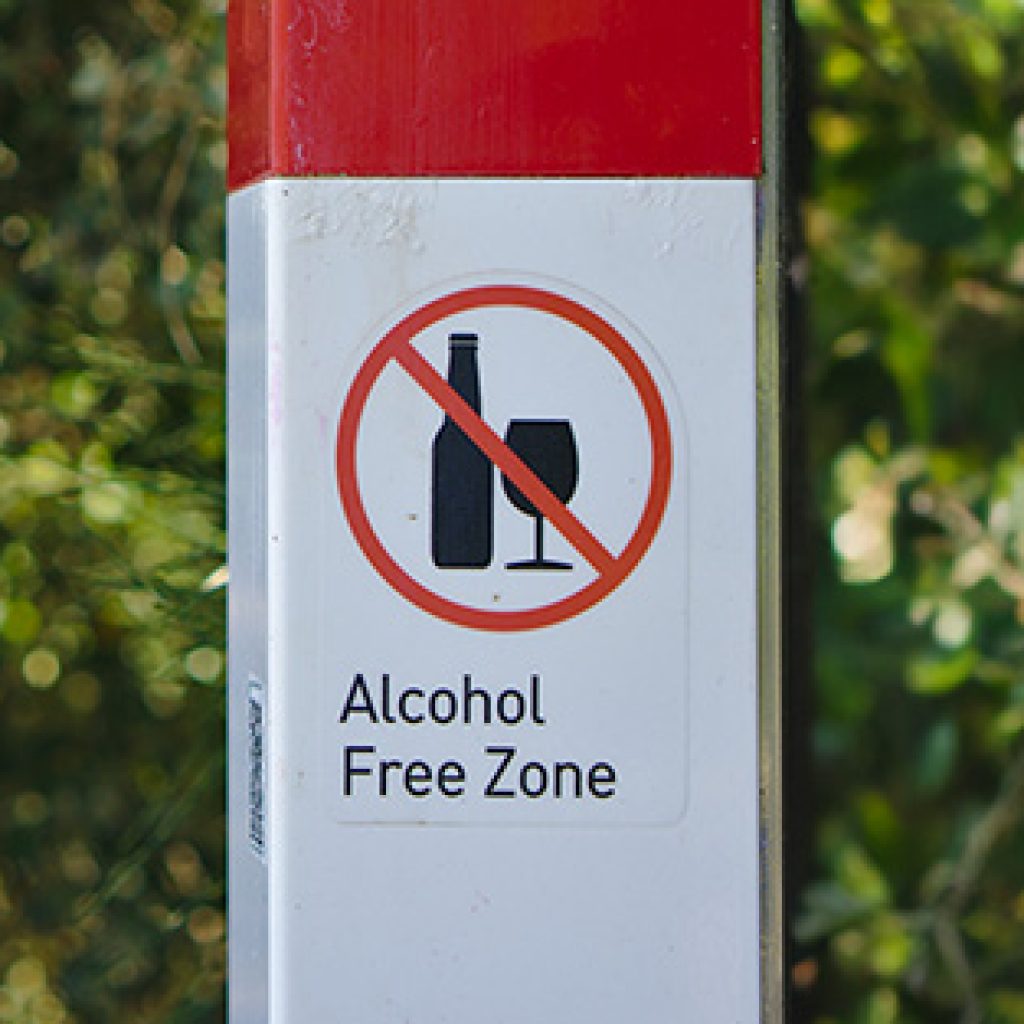Six Reasons to Support National Minority Mental Health Month
Six Reasons to Support National Minority Mental Health Month
National Minority Mental Health Awareness Month is sponsored by the Office of Minority Health (OMH), which is “dedicated to improving the health of racial and ethnic minority populations through the development of health policies and programs that will help eliminate health disparities.” July was appointed Bebe Moore Campbell National Minority Mental Health Awareness Month (BIPOC Mental Health Month) in 2008 to honor the leading African American Novelist and Journalist who gave voice to those of color affected by mental illness. The OMH uses a variety of strategies to promote its mission, including creating policies, programs, and practices to attain health equity, funding programs at the regional, state, and local level, promoting improved data collection, reporting, sharing, furthering research and evaluation, and creating and improving networking and partnerships that address health problems. The OMH is a great source for resources for professionals and consumers alike and provides technical assistance to strengthen health care agencies and programs. The OMH also developed the National CLAS Standards in 2000 to “inform, guide, and facilitate practices related to culturally and linguistically appropriate health services.”
Why Support National Minority Mental Health Month?
Here are six reasons to participate in this annual observance:
- [inlinetweet prefix=”” tweeter=”” suffix=””]Help increase understanding of the complexity of mental illness among minority populations.[/inlinetweet] The National Alliance on Mental Illness (NAMI) supports several awareness events to promote education and understanding.
- [inlinetweet prefix=”” tweeter=”” suffix=””]Provide access to tools, resources and other helpful information about minority mental illness.[/inlinetweet] Nearly two-thirds of people with a diagnosable mental illness do not seek treatment, and racial and ethnic groups in the U.S. are even less likely to get help. The OMH Knowledge Center contains many documents, books, journal articles, and media about the health status of racial and ethnic minority populations.
- [inlinetweet prefix=”” tweeter=”” suffix=””]Support capacity building and access to technical assistance for health care agencies and organizations to promote organizational strength and competence.[/inlinetweet] The OMH offers Technical Assistance and Trainings, including webinars, higher education Technical Assistance Project (HETAP), and Preconception Peer Educators Program (PPE).
- [inlinetweet prefix=”” tweeter=”” suffix=””]Establish a framework for organizations to better serve diverse constituents.[/inlinetweet] The National CLAS Standards provide this framework, which includes a toolkit and guidance for evaluations for ambulatory care, behavioral health, hospitals, and public health.
- [inlinetweet prefix=”” tweeter=”” suffix=””]Promote professional and organizational cultural competence and deliver culturally and linguistically appropriate services.[/inlinetweet] The OMH Think Cultural Health website had created a new E-Learning program for behavioral health professionals and physicians. The training opportunities are free and accredited and are designed to promote cultural and linguistic competency by improving knowledge and skills for health professionals. Programs and services that are responsive and tailored to the culture, language, health beliefs, practices and need of diverse patients have more positive outcomes.
- [inlinetweet prefix=”” tweeter=”” suffix=””]Break down cultural barriers and reduce health disparities for minority populations.[/inlinetweet] The Institute of Medicine’s Unequal Treatment: Confronting Racial and Ethnic Disparities in Health Care documented the evidence of how health disparities in treatment arise and how the negatively impact the care and overall health of minority populations (2003). The report cited findings of multiple factors at the systems, institutional, service, and provider level that contributed to health disparities, including such things as lack of accommodation for language, provider bias and stereotyping, forced judgments with limited time and information, and health plans based on socio-economic status, to name just a few. The very first two recommendations on the lengthy list of how to address health disparities is “Increase awareness of racial and ethnic disparities in healthcare among the general public and key stakeholders (Recommendation 2-1).” and “Increase healthcare providers’ awareness of disparities (Recommendation 2-2)” (IOM, 2003).
Professional Development
- Mental Health Technology Transfer Center (MHTTC) Network – Supporting School Mental Health in the Context of Racial Violence: A Two-Part Learning Forum July 31 and August 7, 2020
About the Learning Series:
Supporting School Mental Health in the Context of Racial Violence is a two-part learning series intended for students, families, educators and school mental health professionals who are navigating the impact of racial violence on student mental health. Each 1.5-hour learning session will feature a moderator who will engage advocates, leaders and the school mental health workforce in a conversation that focuses on:
- Strategies for supporting students’ mental health while navigating racial violence (in and out of school);
- Opportunities for the field to improve its commitment to fostering a workforce ready, able and willing to hold racial violence as a mental health issue;
- Steps we might take to advance school mental health supports for students experiencing racial violence.
Download the series flyer here. Recordings of each learning session will be made available below and in the MHTTC Products and Resource Catalog. Certificates of completion are available to viewers of 50% (45 minutes) or more of the live webinar. CEUs are not available for these sessions.
Session 1: Learning From and With Students, Caregivers, Advocates and Systems Leaders
Friday, July 31 | 10-11:30 a.m. PT / 12-1:30 p.m. CT / 1-2:30 p.m. ET >> REGISTER HERE!
Session 2: Learning From and With the School Mental Health Workforce
(School Counselors, Psychologists, and Teacher Educators)
Friday, Aug. 7 | 10-11:30 a.m. PT / 12-1:30 p.m. CT / 1-2:30 p.m. ET >> REGISTER HERE!
- Mental Health Technology Transfer Center (MHTTC) Network – How Implicit Bias Affects Our Work: Relationships with Clients (Watch past sessions)
This series challenges you to:
- Reflect on your own implicit bias
- Experientially grapple with the concepts of prejudice, bias, microaggressions and stereotypes
- Recognize the role bias plays in responding to #mentalhealth concerns and in client interactions
- Learn ways to become self-aware of their own biases
- Acknowledge the way bias shows up in our organizational culture, climate, policies, and practices
- Examine strategies to break the biases that show up in organizational structure and engagement with communities
- Office of Minority Health E-learning Program for Behavioral Health Professionals – OMH launched of a new, free and accredited e-learning program: Improving Cultural Competency for Behavioral Health Professionals. The program, available via OMH’s Think Cultural Health website, is designed to develop behavioral health providers’ knowledge and skills related to culturally and linguistically appropriate services (CLAS).
- Prevention Technology Transfer Center (PTTC) – Products and Resources: Cultural Competency/Humility/Intelligence – The PTTC offers over two pages of past and upcoming professional development opportunities for behavioral health providers in the topic area of Cultural Competency/Humility/Intelligence.
- Addiction Technology Transfer Center (ATTC) – Products & Resources Catalog: Cultural Competency/Humility – The PTTC offers over five pages of past and upcoming professional development opportunities for behavioral health providers in the topic area of Cultural Competency/Humility.
- CASAT Training:
Multi-Cultural Awareness Online Video – Developing cultural competence requires examining biases and prejudices and developing cross-cultural skills. Cultural competence requires that social workers, counselors, other practitioners and organizations have a defined set of values and principles, and demonstrate behaviors, attitudes, policies, and structures that enable them to work effectively cross-culturally. The course will discuss DSM-5’s cultural principles, including “Cultural Syndrome”, as well as gender and cross-cultural issues to be considered in diagnosis. The course will also review the (evidence based) Cultural Formation Interview (CFI), a semi-structured interview composed of 16 questions to assess cultural factors using a person-centered approach. This training can help social workers, clinicians and others avoid misdiagnosis, obtain clinically useful information, improve clinical rapport, and assess cultural epidemiology. Register here.
References
Institute of Medicine (US) Committee on Understanding and Eliminating Racial and Ethnic Disparities in Health Care, Smedley BD, Stith AY, Nelson AR, eds. Unequal Treatment: Confronting Racial and Ethnic Disparities in Health Care. Washington (DC): National Academies Press (US); 2003.
How do you or your organization plan to observe BIPOC Month? Share your plans or past experiences in the comments below!
Blog Post Tags:
Related Blog Posts
Related Learning Labs
Related Resources
.
- Buscar Tratamiento de Calidad para Trastornos de uso de Sustancia (Finding Quality Treatment for Substance Use Disorders Spanish Version)
- Finding Quality Treatment for Substance Use Disorders
- Focus On Prevention: Strategies and Programs to Prevent Substance Use
- Monthly Variation in Substance Use Initiation Among Full-Time College Students
- The National Survey on Drug Use and Health (NSDUH) Report: Monthly Variation in Substance Use Initiation Among Adolescents








